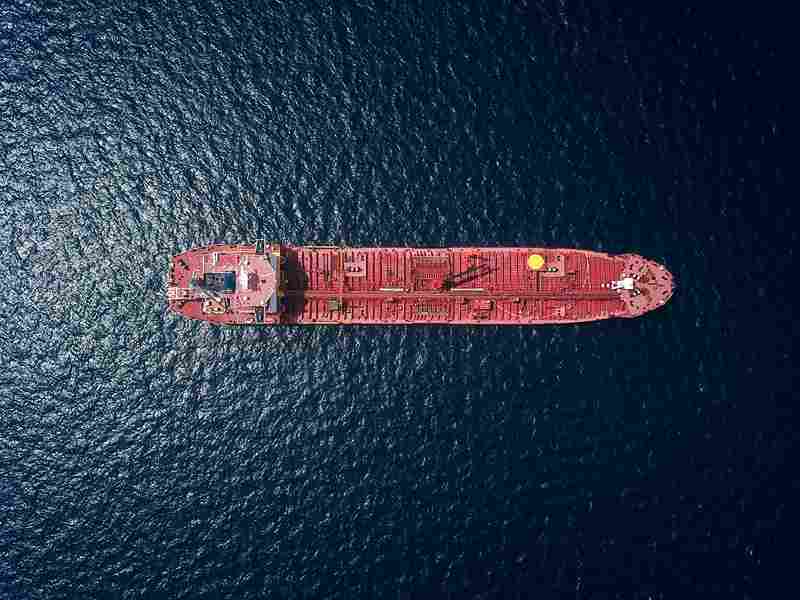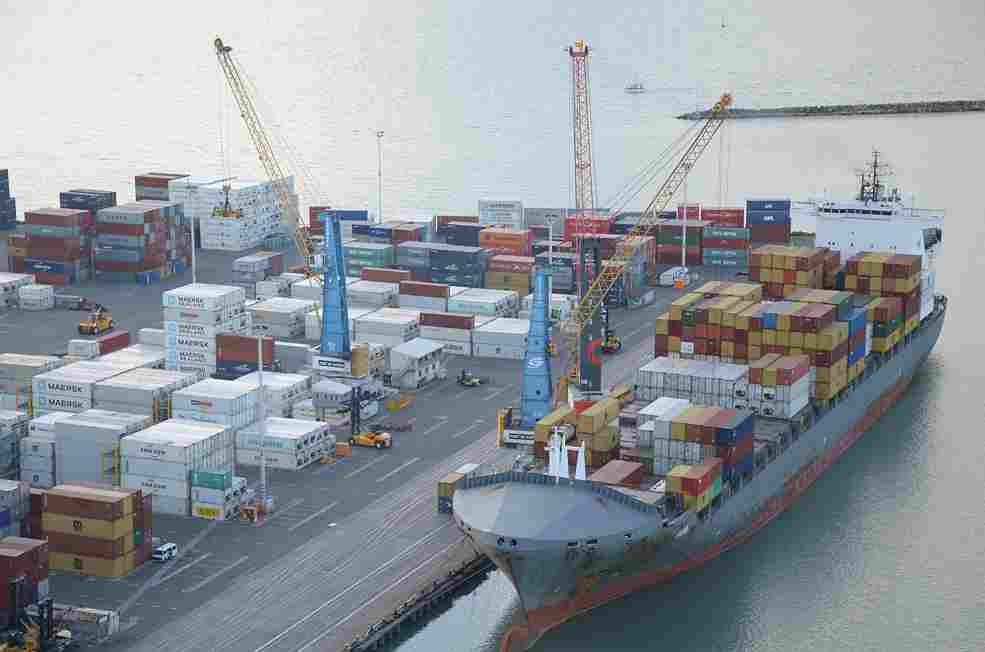
Energy Efficiency in Marine Vessels: Reducing Fuel Consumption
Efficiency in fuel consumption is paramount in the maritime industry, where vessels operate over vast distances, carrying goods essential to global trade. As concerns about environmental impact and operational costs rise, optimizing energy efficiency has become a focal point for shipping companies worldwide. This article explores various strategies and technologies aimed at reducing fuel consumption in marine vessels.
Importance of Energy Efficiency
Efficient fuel consumption not only reduces operating costs but also minimizes environmental footprint by lowering emissions of pollutants such as sulfur oxides (SOx), nitrogen oxides (NOx), and particulate matter. With stricter environmental regulations and heightened awareness of sustainability, shipping companies are increasingly investing in technologies that enhance energy efficiency.
Technological Innovations
- Advanced Propulsion Systems: Modern marine vessels are increasingly equipped with advanced propulsion systems such as energy-efficient engines and propulsion units. These systems optimize fuel combustion and improve overall energy efficiency by reducing fuel consumption per unit of work performed.
- Hull Design and Coating: Innovations in hull design, including streamlined shapes and advanced coatings, help reduce drag and improve hydrodynamic performance. By minimizing resistance against water, vessels can achieve higher speeds with less fuel consumption.
- Energy Recovery Systems: Technologies like waste heat recovery systems (WHRS) capture and utilize excess heat from engine exhaust gases to generate additional power. This recovered energy can be used for onboard systems, reducing the need for auxiliary power generation and further cutting fuel consumption.
- Onboard Energy Management: Integrated energy management systems monitor and optimize energy usage across various vessel operations. These systems use real-time data to adjust power distribution, manage loads efficiently, and prioritize energy consumption based on operational needs.
Operational Practices
- Optimized Route Planning: Utilizing advanced weather forecasting and routing software helps vessels choose optimal routes that minimize fuel consumption. Factors such as sea currents, wind patterns, and traffic density are considered to achieve the most fuel-efficient voyage.
- Speed and RPM Optimization: Adjusting vessel speed and engine revolutions per minute (RPM) based on sea conditions and operational requirements can significantly impact fuel efficiency. Slow steaming, for instance, reduces fuel consumption but requires careful planning to maintain schedule adherence.
- Regular Maintenance and Monitoring: Scheduled maintenance and continuous monitoring of engine performance ensure optimal efficiency. Regular inspections, tuning, and timely replacement of components prevent fuel wastage due to mechanical inefficiencies.
Regulatory Compliance and Sustainability
- IMO Regulations: The International Maritime Organization (IMO) sets regulations aimed at reducing greenhouse gas emissions and improving air quality. Compliance with IMO regulations, such as the MARPOL Annex VI for sulfur emissions and EEDI (Energy Efficiency Design Index), drives industry-wide adoption of energy-efficient technologies.
- Corporate Social Responsibility: Shipping companies are increasingly incorporating sustainability goals into their corporate strategies. By reducing fuel consumption and emissions, companies not only comply with regulations but also enhance their corporate reputation and appeal to environmentally conscious stakeholders.
Future Outlook
The future of energy efficiency in marine vessels lies in continuous innovation and adaptation to evolving regulatory standards and market demands. Advancements in propulsion technology, digitalization, and renewable energy integration hold promise for further reducing fuel consumption and emissions. As shipping continues to play a pivotal role in global trade, sustainable practices in fuel consumption will be integral to ensuring a greener and more efficient maritime industry.
Conclusion
Efforts to reduce fuel consumption in marine vessels are imperative for addressing environmental concerns and improving operational efficiency. Through technological innovations, optimized operational practices, and regulatory compliance, shipping companies can achieve significant reductions in fuel consumption and emissions. Embracing energy-efficient solutions not only enhances cost-effectiveness but also positions the maritime industry as a leader in sustainable transportation practices for the future.





